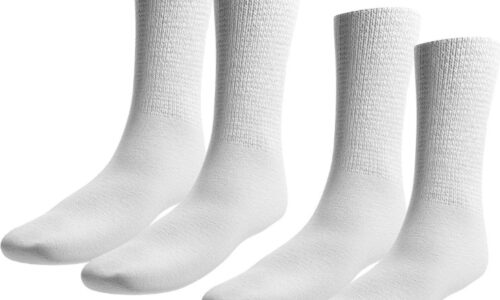Hydration is essential for recovering from a strenuous workout. Fluids that you take feed nutrients to tired muscles and boost blood flow to promote recovery. They also assist your body in eliminating toxins that cause muscle discomfort.
Studies have shown that even minor dehydration can impact sports performance by lowering endurance, power, and strength. So it’s ideal to start sipping fluids immediately after your workout to get a head start on hydration.
But what are the best fluids to consume after a workout? Well, numerous beverages are available that provide adequate hydration and aid in your body’s recovery. These drinks include:
1. Milk
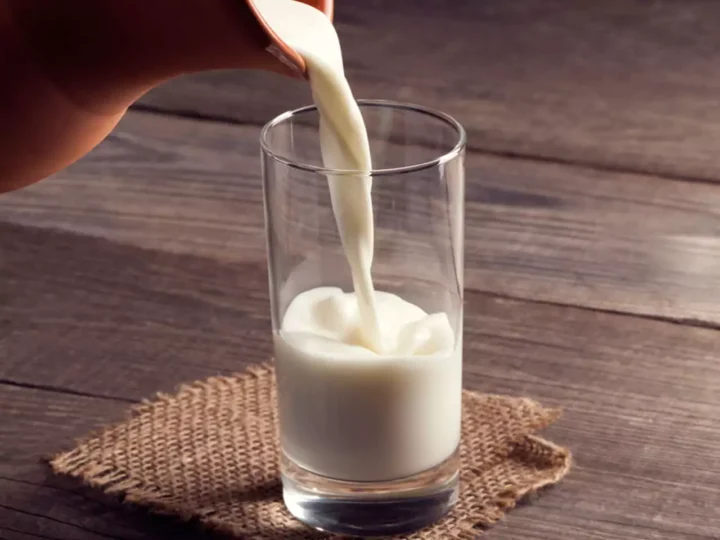
Remember that old commercial campaign centered on the phrase “Milk. Is it beneficial for the body”? Milk is extremely beneficial to the body, particularly after exercise.
Recovery studies have shown milk as one of the most hydrating drinks that you can take. The researchers found that this was attributable in part to the greater calorie content of the beverage. They discovered that milk, a higher-calorie drink, emptied the stomach more slowly, allowing participants to stay hydrated for longer.
Milk also restores essential electrolytes, such as potassium and salt, lost through sweat. If you are wondering what the electrolytes do, they aid in regulating fluid balance in cells, allowing for proper hydration.
Furthermore, milk contains protein and carbs, two macronutrients your body requires after a workout to repair muscle damage and restore energy stores.
If you drink only water after exercise, you will need to supplement those nutrients with meals. Thankfully, milk provides both hydration and essential macronutrients in a single glass.
If you don’t like it plain, try it with chocolate. Add raw cocoa powder to your milk to boost antioxidants and electrolyte minerals.
Do not consume store-bought flavored milk or chocolate milk mixtures when consuming the milk. This is because they’re high in sugar and other components that should be avoided in excess. Try a spoonful of agave or sugar if you need some sweetness.
While milk can be a good post-workout beverage, it’s crucial to consider your nutritional needs and goals. A healthcare expert or registered dietitian can assist you in developing a personalized nutrition plan that supports your individual exercise goals.
2. Tea
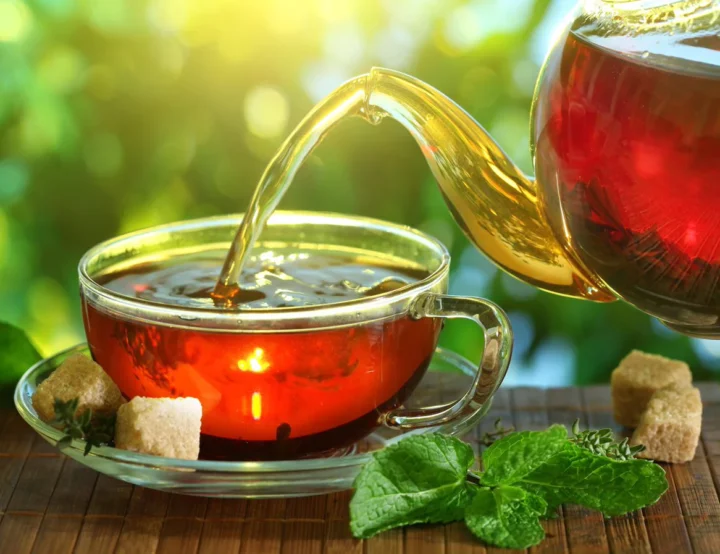
Green and black teas are high in antioxidant components, which can help you recover after exercise and refill your energy. Both teas are high in polyphenols, which protect against oxidative stress, which causes illness, muscle damage, and inflammation.
While the teas are great, their main downside is they both contain caffeine, which has a diuretic effect. As a result, attempt to limit your daily tea intake to three 80-ounce cups (300 mg caffeine).
Use caution when selecting teas. This is because many store-bought tea drinks contain only a small amount of tea and a lot of sugar.
Instead of drinking the tea in your local shop, consider making your tea at home with fresh leaves. If you don’t want to drink something hot after your sweaty workout, make an extra-strong batch and serve it over ice. For added flavor and nutrients, garnish with mint sprigs or fresh fruit.
3. Commercial recovery drinks
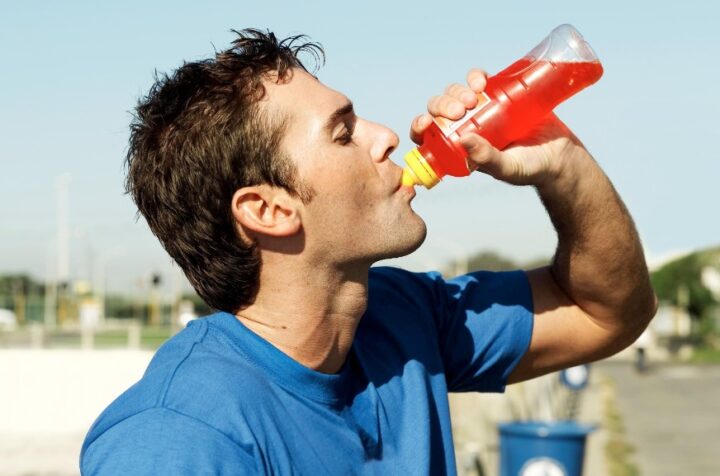
Recovery drinks are functional beverages that replace carbs and electrolytes lost during activity.
After an exercise, a recovery drink can assist in replenishing your body’s nutrition, improve muscle healing, and aid in dehydration.
For you to get the most from the recovery drink, you should choose the right one. To replace energy stores and help muscle repair, look for recovery drinks that contain a combination of carbohydrates and protein. They also should have electrolytes that will help with rehydration.
You should always go with high-quality drinks such as Life Aid recovery drinks. Before you consume the drinks, be sure the label matches your nutritional needs and goals. Remember that drinks with a proper balance of carbs, protein, and electrolytes are preferable to those with excessive added sugars or artificial additives.
4. Tart terry juice
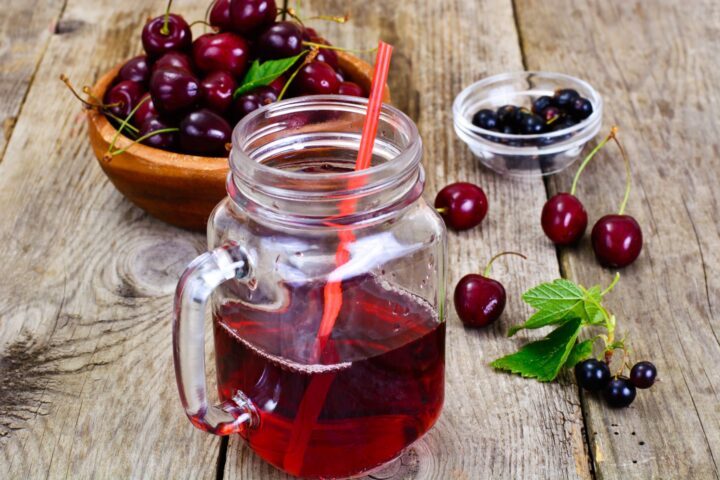
Tart cherry juice is not as common as milk or water. However, it may be worth looking for.
Tart cherry juice has a potent combination of antioxidants and anti-inflammatory compounds. It’s high in flavonoids and anthocyanins, which are plant compounds that help fight muscle damage and inflammation.
These components explain why drinking tart-cherry juice before and after exercise can help minimize muscular discomfort and accelerate recovery.
Tart-cherry juice is a great recovery drink but might be heavy in sugar. So limit yourself to no more than 8 ounces per day.
5. Smoothies

Smoothies packed with nutritional components can be the perfect post-workout treat.
Instead of buying store-bought smoothies, you can always make your own using proven recovery-boosting components like:
- Coconut water ─ This is an excellent liquid foundation and a good supply of electrolytes.
- Peanut or almond butter ─: A good source of protein.
- Milk and yogurt ─ They are high in protein, carbohydrates, and electrolytes.
- Berries ─ They are high in antioxidants, and there are many types of berries that you can go for. Some of the best ones are strawberries, blueberries, blackberries, and raspberries
- Pineapple ─ Contains bromelain, which can minimize muscle damage and inflammation after exercise—nutrient-dense greens: such as spinach, kale, and other leafy powerhouses.
Smoothies can be easily customized to your needs, whether you’re a runner with more carbs or a powerlifter with more protein.
To get the most from your smoothie, ensure that it contains a variety of macronutrients such as carbohydrates, proteins, and healthy fats.
Carbohydrates give immediate energy, but protein and lipids contribute to long-term energy release.
You should always make your smoothie according to your taste preferences and energy requirements. Remember that it doesn’t hurt to experiment with ingredients, textures, and flavor combinations to see what works best.
Parting shot
As much as recovery drinks are vital to your recovery after a workout, keep in mind that they are only one part of a well-rounded post-workout regimen.
For optimal recovery, you should perform adequate cool-down activities, stretch, and focus on general diet and relaxation.
It’s also wise to consult a healthcare expert or certified dietitian who will provide specialized advice to meet your unique fitness goals and dietary requirements.


